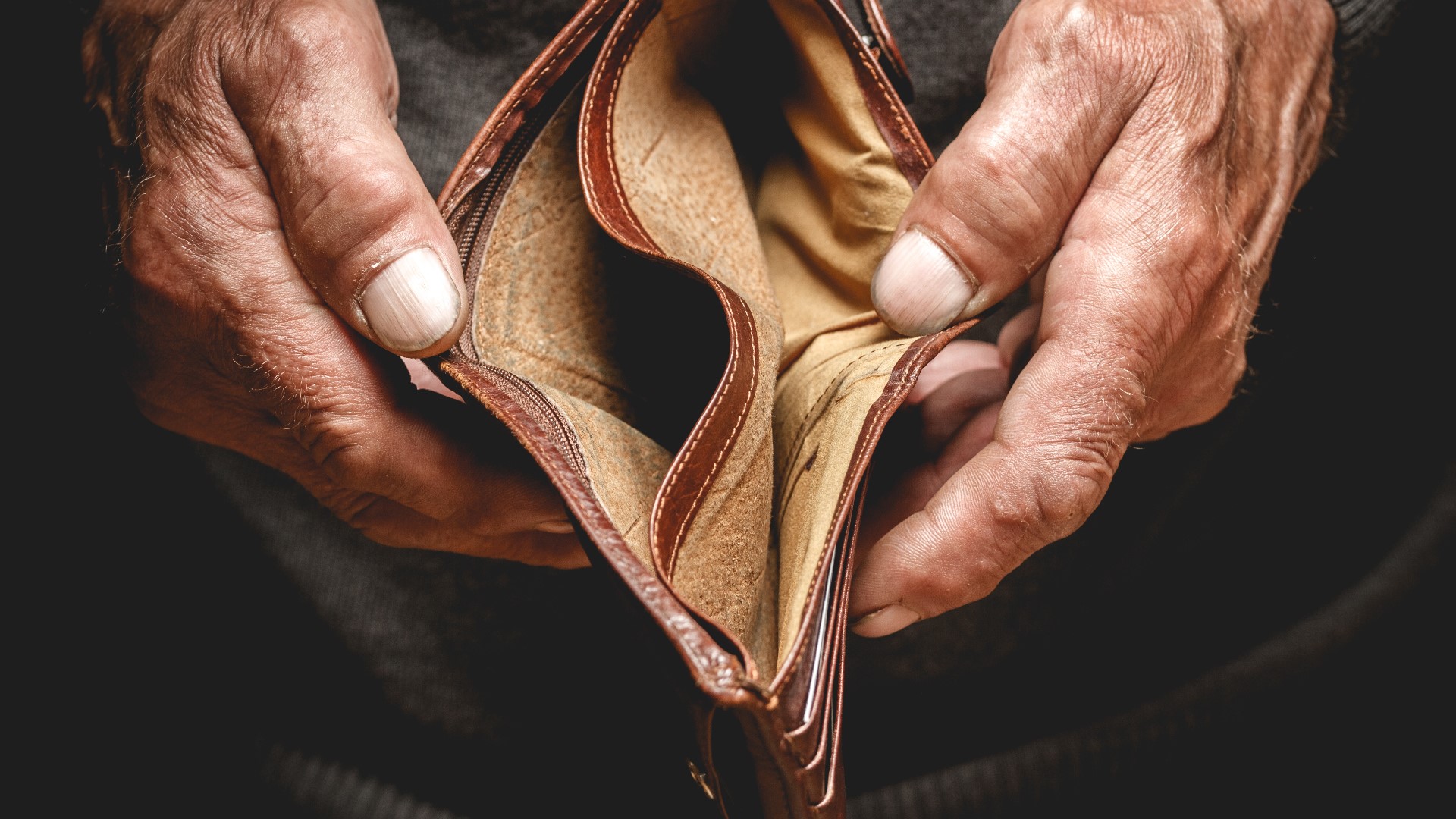MOLINE, Ill. — A report by Morning Consult found that, "Almost a third of U.S. adults are actively preparing for an economic downturn, while half say they want to prepare for a recession but can't." So News 8's David Bohlman went one-on-one with Drue Kampmann, from True Financial Partners in Bettendorf, Iowa to find ways for people to review their finances and plan for a possible recession.
So how do people who are already strapped for cash prepare for a recession or an economic downturn?
It really starts with the monthly budget and your spending plan. I mean, that's really important, I can't emphasize that enough. And what that does, is going to help ensure you're living within your means and not overspending. And if you make this a habit, when the economy is strong, it's really going to help set you up for success during bad economic times, as my grandfather always said, "make hay while the sun shines." So you really want to make good financial habits, like budgeting and spending plans, then you break it down even further, look at where you're spending your money, how much is going out. But also where's it going? Limit your spending on discretionary spending, maybe focus on essentials, like your rent, mortgage, car payment, those are all essentials, your utility bill. Then you look at what is your discretionary, non-essential, maybe it's eating out, maybe it's going on a vacation, what are those large spending habits? So you really want to limit your spending on discretionary spending, and also limit your borrowing. I mean, look at how interest rates have gone, continue to go up, you have a greater cost to borrow. So look at trying to pay down those credit cards, and pay off those higher interest debt because your credit card debt is typically the most expensive, you're looking at 18 to 19% APR. And that gets pretty costly and puts a real dent in that monthly budget and spending plan when you when those costs go up so much.
The Federal Reserve has raised rates more than 4% in the last year. It's supposed to fight inflation but it's straining budgets for Americans. Explain how that works.
When you start talking about rising interest rates, it becomes more expensive to borrow. So in short, really the Federal Reserve and the hope is that rate hikes are going to temper demand for consumer goods and services by making it more expensive to borrow money. So really what they're trying to do is deteriorate demand. Well, the philosophy behind that is that if goods and services become too pricey, you know, less people are going to buy them, which sellers will turn around and have to lower their prices to retain their customers. For example, let's say an automaker or auto dealership may be forced to slash prices on an automobile, because a potential buyer will not want to finance higher interest rates for an auto loan to pay the higher interest rates. So it deteriorates demand, it deteriorates the supply, therefore, it becomes more affordable.
So how much money should be in that emergency savings right now?
Well, it kind of goes back to the budget and the spending plan, you really want to focus on the three areas I mentioned earlier. But the last one would be on setting money aside each month. Automatically just set aside as much as you can when you free up some of that budget by not having that discretionary spending. But putting more money aside each month, for difficult times or difficult economic times. And I would say it used to be three to six months savings. But I would say you want at least six months in reserves to pay all your expenses on a monthly basis. And I would make that a goal. And if you can achieve that goal and even focus higher, you're going to put yourself in a much better position to be successful during difficult times.
When do you think we're going to know how bad of an economic downturn that we're going to expect and how long do you think it's going to last?
There's some things that you know, variables as far as a recession. I mean, you look at the housing market, you look at GDP, we saw negative GDP, two quarters in a row, which is last year and 2022. But we see the employment market or the unemployment market, actually pretty strong. So there's a lot of going back and forth. Is it going to be a hard landing? Are we going to be in a deep recession? I think within the next six months, we'll probably know and it's all gonna be based on the employment market, how bad or if, and how soft of a recession we'll have. And I would say that will probably be in the next six months.
True Financial Partners joins Good Morning Quad Cities at 11, twice a month to provide financial help to the Quad Cities. See more financial tips below, and on the WQAD News 8 YouTube channel.

